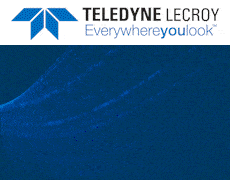Recap of 59th IT Press Tour in Valletta, Malta
With 6 companies: DigiFilm, EasyVirt, Indexima, Manticore Search, ProxySQL and Scalytics
By Philippe Nicolas | December 20, 2024 at 2:01 pm This article was authored by Philippe Nicolas, the initiator, conceptor, and co-organizer of the event, which was first launched in 2009.
This article was authored by Philippe Nicolas, the initiator, conceptor, and co-organizer of the event, which was first launched in 2009.
The 59th edition of The IT Press Tour was held in Valletta, Malta, in early December. The event provided an excellent platform for the press group and participating organizations to engage in meaningful discussions on a wide range of topics, including IT infrastructure, cloud computing, networking, security, data management and storage, big data, analytics, and the pervasive role of AI across these domains. Six companies participated in the tour, listed here in alphabetical order: DigiFilm, EasyVirt, Indexima, Manticore Search, ProxySQL, and Scalytics.
DigiFilm
Founded in 2013, the french company is on a mission of developing long-term data preservation media. Despite its small size, the team is highly skilled and led by Rip Hampton O’Neil, technical lead, Antoine Simkine, innovation, and Pierre Ollivier, CEO.
During the session, Antoine Simkine presented DigiFilm’s innovative technology, Archiflix, a Write Once, Read Many (WORM) media designed with a ‘Store and Forget‘ philosophy. The solution relies on a strict media selection utilizing film reels, known for their exceptional longevity and robustness plus standardized readers ensuring compatibility with commercial scanners to avoid reliance on proprietary devices. Unlike tape or other storage media, Archiflix eliminates the need for migrations or technology refreshes and is designed to endure multiple decades without degradation. Several existing long-term storage solutions compromise data integrity during retrieval, leading to transformations that result in data loss or altered metadata. Archiflix addresses this by ensuring the retrieved data is an exact replica of the original, including its metadata.
The company has developed the Pixa Code format to encode, store, and decode source data. This open standard allows for efficient retrieval: a simple scan followed by a decoding process produces a perfect copy of the original file. Each reel includes information about the decoding algorithm, scanner characteristics, and blueprints, making the system self-descriptive and ensuring straightforward data access. Additionally, Archiflix incorporates a dedicated Vault to securely store reels.
DigiFilm is currently raising a funding round to further develop Archiflix and is actively seeking partners to accelerate growth. The company does not intend to create proprietary hardware scanners or machines, focusing instead on the Pixa format as the foundation for its business model.
While speed is not a priority for Archiflix due to its focus on archiving, the solution demonstrates solid performance: 5,000–10,000 documents archived in 5 minutes, 200GB stored on a 600m reel, approximately 10 minutes required to process one reel.
DigiFilm competes with Norway-based Piql, which has marketed microfilm storage for several years. Other players in this space include Cerabyte, BioMemory, DNA storage pioneers, and Folio Photonics, which is still in development. Hyperscalers have also begun exploring similar technologies, underscoring the demand for reliable, long-term storage solutions.
The storage industry is in clear need of innovative approaches to address long-term data preservation. DigiFilm’s Archiflix offers a compelling solution with its focus on longevity, data integrity, and sustainability. As the project evolves, its progress will be closely watched as the industry continues to iterate on these critical directions.
Click to enlarge
EasyVirt
French IT software vendor founded in 2011, the session provided an excellent opportunity to explore EasyVirt’s solutions and discuss pressing issues like energy consumption, which has become increasingly critical with the rapid rise of AI usage. Meanwhile, Europe’s push for stricter regulations adds complexity, though some view it as a potential disadvantage compared to competitors like China and India.
The company offers 3 core solutions – DC Scope, DC NetScope, and CO2 Scope – developed by a small yet highly skilled team. In 2024, EasyVirt achieved revenue of approximately €1 million. Known for their expertise in IT infrastructure virtualization, FinOps, CloudOps, and Green IT, EasyVirt serves over 100 customers across diverse industries. Their clientele includes prominent names like Safran, Fleury Michon, La Poste, Pole Emploi, CNES, MAIF, and Amundi.
EasyVirt engages with organizations seeking to assess the environmental impact of their digital services but often unsure where to begin. This task is complex, requiring precise energy measurement methods and algorithmic accuracy without disrupting existing services.
As listed above, the firm promotes DC Scope which targets virtualized environments, whether on-premises, in the cloud, or hybrid, offering insights to optimize resource use, DC NetScope with a special focus on analyzing network traffic for efficiency improvements and CO2 Scope specialized in measuring IT-related carbon emissions.
These solutions evolve continuously, incorporating feedback from users. Case studies have demonstrated tangible benefits, including reductions in vCPUs, RAM, VMs, and hypervisors, as well as the resizing of production environments. EasyVirt’s solutions adopt an agent-less architecture, ensuring security and control by avoiding SaaS models and keeping operations entirely local.
Initially, VMware has been the primary hypervisor supported, but the roadmap includes Proxmox, Nutanix AHV, Kubernetes (via Red Hat OpenShift and VMware Tanzu), as well as GPU-focused enhancements to address their significant energy consumption. Looking further ahead, EasyVirt plans to integrate XCP-ng.
EasyVirt markets its solutions through a network of partners, including resellers, integrators, MSPs, and consulting firms such as Capgemini, CGI, and even Dell. They offer a 30-day trial to promote a ‘try and buy‘ model. Pricing options include perpetual licenses and subscription-based models.
As the vendor continues to align its solutions with evolving user demands, their focused approach and innovative offerings position them well for success in the dynamic IT landscape.
Click to enlarge
Indexima
Founded in 2016 to enhance business intelligence (BI) by Nicolas Korchia, CEO and co-founder, we had the chance to get deeper insights into the company and its product.
The concept for Indexima stemmed from a critical performance issue identified in 2015 at Mappy, a French geolocation service. Real-time navigation often resulted in significant latency whenever users made screen changes, leading to a frustrating user experience. In 2017, the team secured €1.3 million in funding, launching the project on Hadoop to address these challenges. By 2020, Indexima had expanded its platform to support additional databases and introduced a SaaS model, driving broader adoption and securing 15 customers that year.
The COVID-19 pandemic, however, presented challenges across industries, including for Indexima. This period became a pivotal moment for the company, prompting a strategic pivot. Recognizing the rapid adoption of Snowflake’s cloud data warehouse, Indexima identified it as a prime platform for growth. Over the same period, Hadoop’s relevance diminished as users transitioned to more modern open-source and commercial solutions. This evolution marked the advent of ‘Indexima 2.0,’ which now focuses on Snowflake and will soon include support for Databricks.
Indexima has developed deep expertise in SQL query optimization, particularly for complex queries. Its approach aims to deliver a seamless user experience through intuitive graphical dashboards or interfaces. At the core of its technology lies the Pre-Aggregation model, which uses keys and aggregates to optimize performance.
In its earlier iterations, Indexima and its data were deployed on-premises, requiring data copies that carried the risk of divergence. With the introduction of version 2.0, operations are conducted in-place. For Snowflake, this means functioning directly within the Cloud Data Warehouse (CDW) environment, ensuring all data remains accessible to users. Once the Indexima engine is deployed, it continuously collects SQL queries, analyzes request patterns using machine learning (ML) and AI, and learns the schema. The engine then optimizes performance by generating dynamic aggregation tables, dramatically reducing query delays – for instance, in a demo using NYC Citibike data, average query times dropped from 20 seconds to under 1 second.
The benefits are immediate: there is no need for additional development work—users simply redirect to the Indexima URL instead of the Snowflake one. This approach also reduces costs, as smaller Snowflake instances suffice, while performance sees significant boosts, often achieving a 100:1 improvement ratio.
Indexima has a substantial opportunity ahead, with clear pathways to expand its market presence by collaborating with data warehouse and aggregation solution providers. The company is actively seeking new partners to accelerate this growth. Looking forward, their next target is Databricks, promising exciting times ahead for the Indexima team.
Click to enlarge
Manticore Search
Developed as an open-source, high-performance search engine project, Manticore Search addresses the classic old challenge of efficient search for enterprises. The initiative was started by Sergey Nikolaev, CEO and co-founder.
The story began with the Sphinx project in the early 2000s, which ceased development in 2016–17. Recognizing the need for a new direction, the team decided to build upon Sphinx’s foundations while addressing emerging challenges and integrating modern technologies, all within an open-source framework.
Manticore Search was founded by Sergey Nikolaev, Peter Zaitsev, former CEO of Percona, and Mindaugas Zukas, COO of Altinity. Together, they lead a team of over 10 experienced developers.
The project’s mission is to deliver a simple yet scalable search engine in an open-source format, optimized for standard, cost-effective hardware. Manticore targets general search and log analytics, emphasizing faster query performance, efficient resource usage, and robust support for SQL and JSON. Beyond full-text search, the platform includes faceted, boolean, fuzzy, geo, and vector search capabilities, creating a comprehensive solution for modern search needs.
The live demonstrations showcased during the event were both impressive and transparent. Despite being relatively under the radar, Manticore Search already serves prominent clients, including Craigslist, Rozetka, Socialgist, Statista, Europrcs, Hotelplan, PubChem, and Huispedia.
While there are other competitors in the market, such as Elasticsearch, Manticore differentiates itself in several key areas, as summarized in the table provided during the presentation.
Looking ahead, the team plans to introduce auto-sharding, authentication, integration with Kibana, and auto-embedding capabilities for vector search. They are also exploring AI-driven enhancements to further elevate the platform’s capabilities.
The complete source code for Manticore Search is publicly available on GitHub, reinforcing the project’s commitment to open-source development.
Click to enlarge
ProxySQL
It is about solving performance problems for MySQL databases, We got the opportunity to delve into the technology that accelerates SQL queries with Jesmar Cannao, the company’s COO and co-founder.
The ProxySQL project was initiated in 2013, with the company formally established in 2014 to support developers and drive user adoption. ProxySQL was conceptualized by Rene Cannao, CEO and co-founder, a highly regarded database administrator (DBA) and MySQL expert. His vision was to create a solution that improves performance by positioning a centralized query traffic manager in the network between clients and MySQL servers. This approach optimizes query routing and overall database performance.
ProxySQL, built on an open-source foundation like MySQL itself, addresses several challenges faced by MySQL environments: Network Scalability with support of up to 1 million concurrent client connections, consolidating them into optimized backend queries, multi-region and multi-cloud support to enable operations across diverse architectures with thousands of backend servers, sharding and query routing to direct requests to the appropriate shard or replica in sharded databases, and additional functionality to provide failover detection, request routing, security enhancements, clustering integration, and query caching.
The product is compatible with various MySQL setups, including replication, Amazon Aurora, and Galera, as well as other databases like MariaDB and Percona Server.
The solution is trusted by 40 clients, including notable names in the finance and e-commerce sectors, as well as local Maltese companies in the gaming and betting industries. Clients benefit from improved performance without the need to scale MySQL servers or clusters, making ProxySQL a cost-effective solution.
The company’s distribution strategy includes partnerships with hyperscalers, MySQL integrators, and monitoring tool providers such as Grafana and Prometheus. OEM partnerships are also under exploration. ProxySQL is available in 2 versions: open source with a community edition and an enterprise edition with a subscription-based licensing that provides premium features, updates, 24/7 priority support, and additional training services. On average, clients spend $45,000 annually on the enterprise solution.
Building on ProxySQL’s success and strong reputation, the team has begun developing a similar solution for PostgreSQL. While the company continues to grow, increasing visibility and market presence will be crucial to their long-term success.
ProxySQL exemplifies a practical, efficient approach to managing MySQL database performance, making it an appealing choice for enterprises seeking to optimize their database operations.
Click to enlarge
Scalytics
Formerly known as DataBloom AI and founded in 2022, Malta edition was the opportunity to meet its CEO and founder, Alexander Alten-Lorenz.
The project was initiated by a group of industry experts, many of whom are active members of the Apache Software Foundation. Currently, the company operates with a team of 6 employees and 20–25 associated students. Scalytics is self-funded but anticipates raising additional capital in the future to accelerate its growth.
The idea for Scalytics emerged from the challenges posed by the proliferation of independent AI and ML engines, which often lack integration. This disconnection leads to suboptimal results, infrastructure inefficiencies, and skyrocketing costs.
The company’s flagship product, Scalytics Connect, aims to bridge the gap between diverse AI engines and data processing platforms, including Snowflake, Databricks, and Confluent. The latest version, 1.2, was launched recently. Scalytics addresses the complexity of managing and moving massive data volumes, advocating for a more efficient approach to enable enterprise-wide AI adoption. Data access, as well as seamless integration, remains a key focus for Scalytics.
Key features in version 1.2, the latest release, introduce several significant enhancements: federated ML to enable training models across multiple platforms without the need to migrate or duplicate data, with native integration for Apache Spark, TensorFlow, and JDBC-compliant solutions, traceability and auditability to provide granular logging and visibility into training processes, enhanced performance with a new runtime designed to simplify and accelerate development and integration and broader compatibility to expand platform support to advance Scalytics’ vision of universal AI integration.
A performance benchmark conducted with a 3TB dataset demonstrated a 150x reduction in processing time, highlighting the potential efficiency gains from Scalytics Connect.
Scalytics follows an open-source philosophy, rooted in its culture and community-driven approach. The company is also the initiator of the Apache Wayang project, which entered incubation in 2022. Scalytics leverages partnerships with organizations like NTT Data, Google Cloud, and ESA to expand its market reach. Recently, the company launched a partner program targeting MSPs, CSPs, and ISVs to further drive adoption.
Scalytics operates on a subscription-based model, with revenue gradually gaining traction. Though still modest, the company’s growth signals a promising trajectory.
As Scalytics continues to develop its solutions and grow its presence in the market, there is much more to anticipate from this innovative player in the AI and data integration space.
Click to enlarge








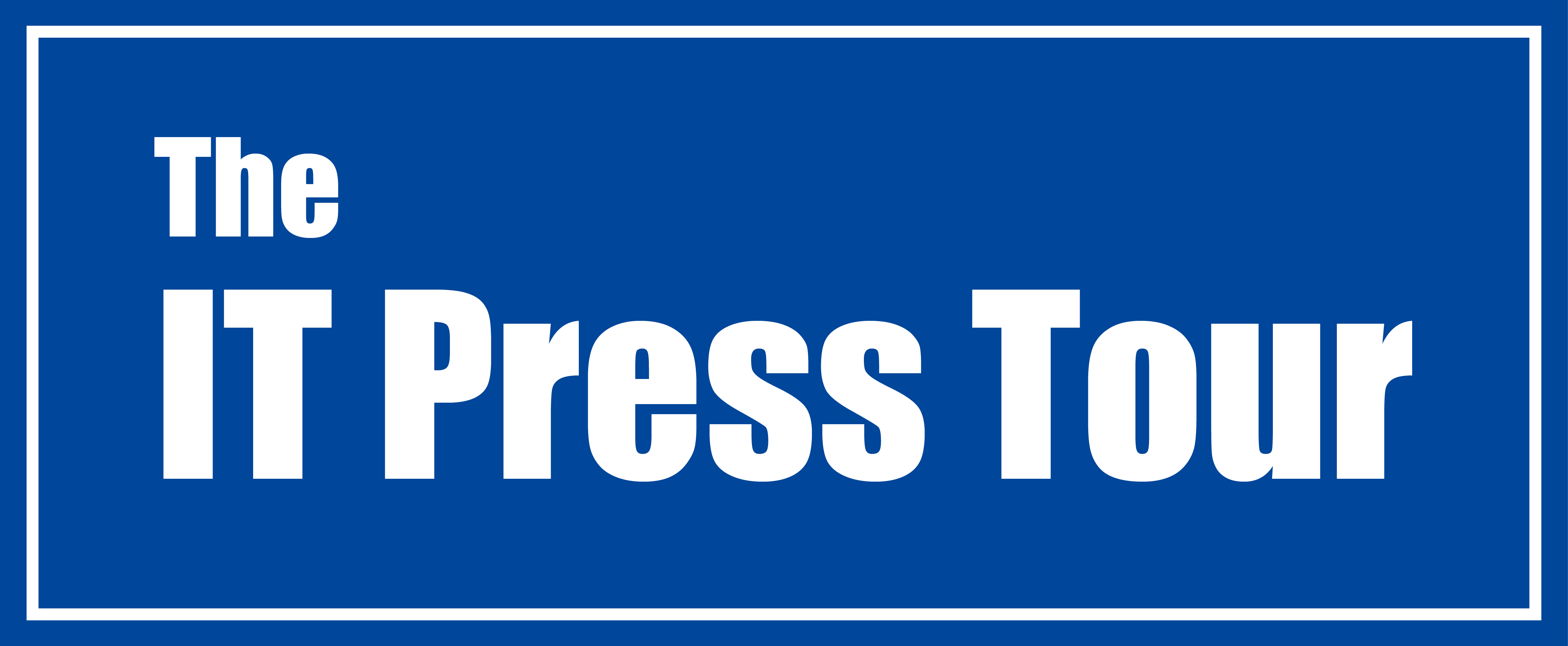
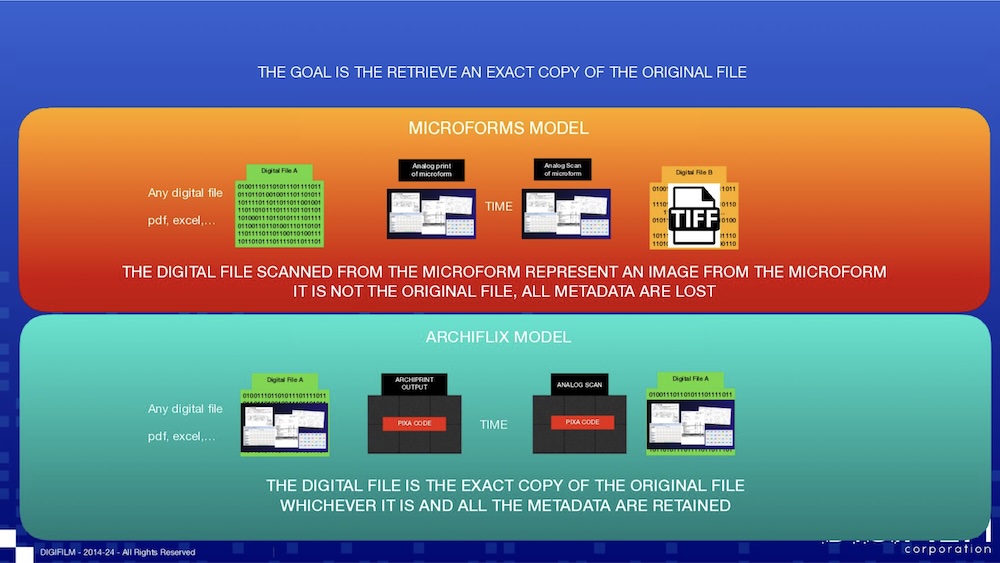
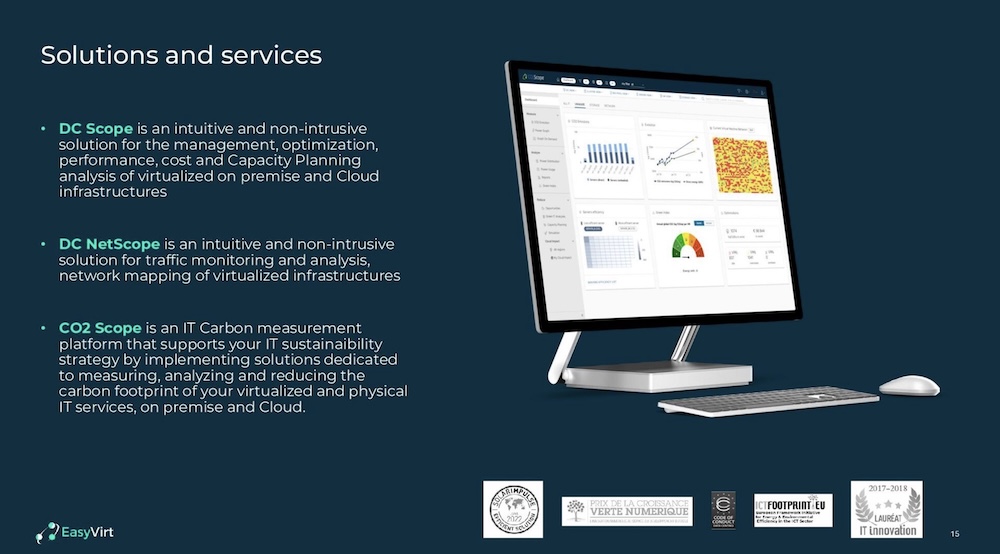
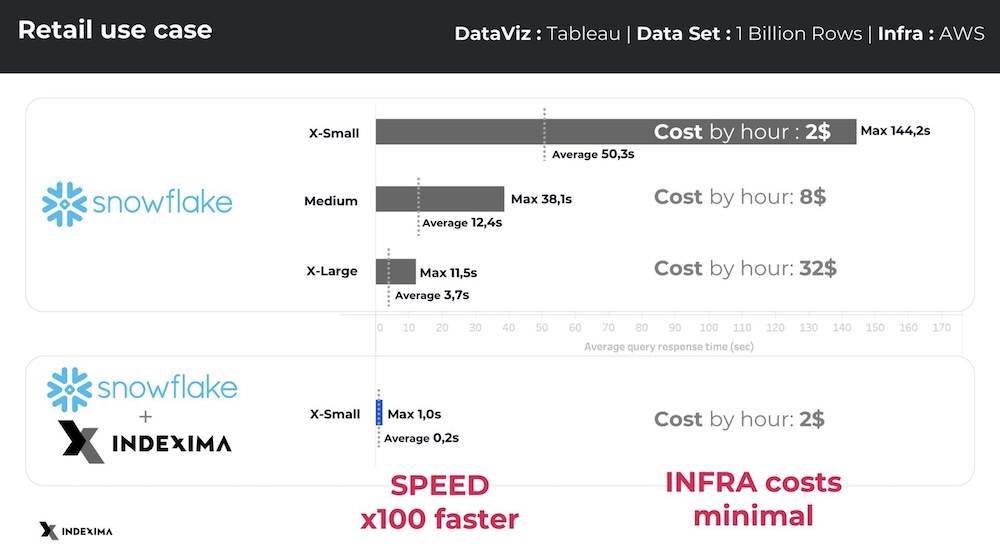
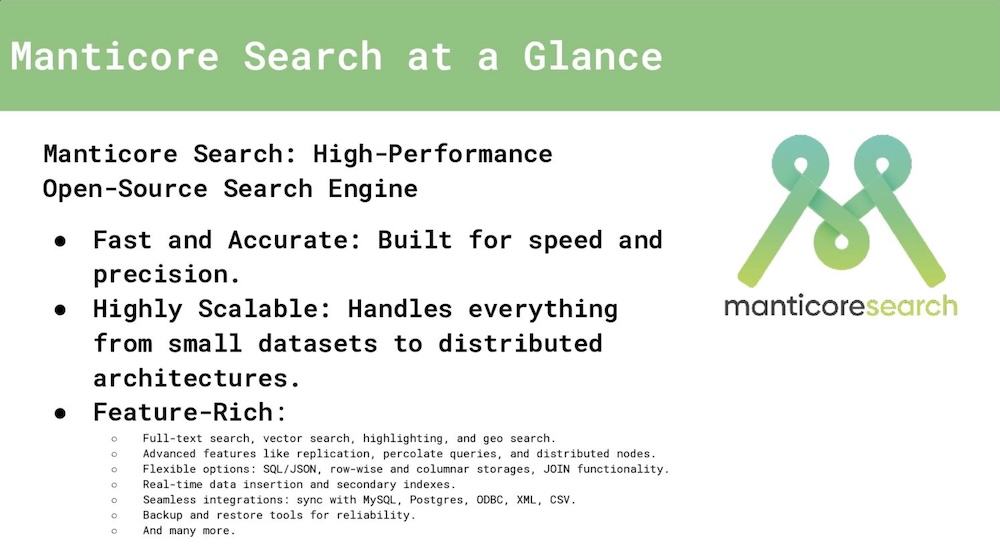
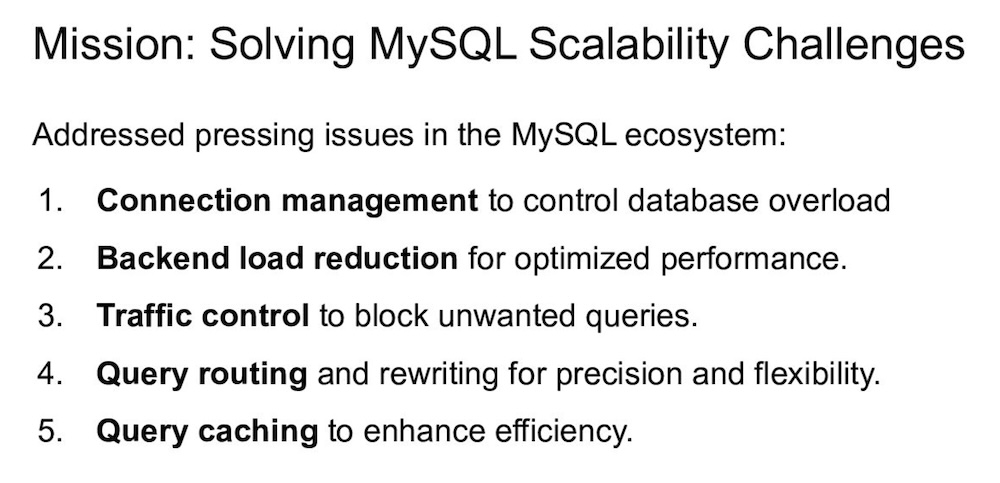
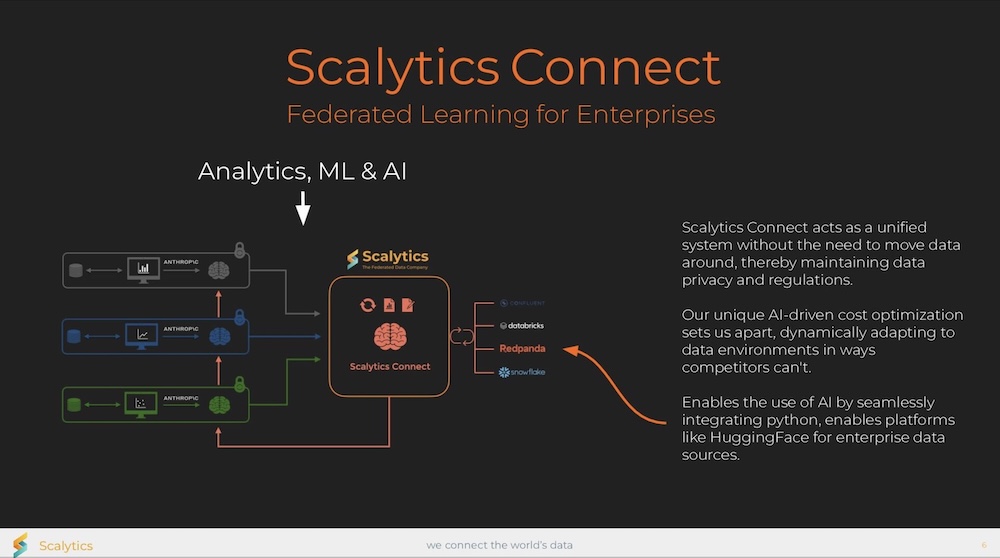





 Subscribe to our free daily newsletter
Subscribe to our free daily newsletter


